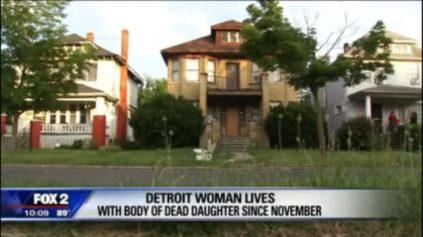Detroit is eligible to shed billions in debt in the largest public bankruptcy ever in the United States, a federal judge ruled Tuesday, while also finding that the public pensions could be reduced during reorganization despite a provision in Michigan’s Constitution.
In ruling that Detroit was eligible to reorganize under federal bankruptcy law, Judge Steven W. Rhodes said the city met every test of insolvency, including failing to pay its debts and being unable to provide a minimum level of basic services to its 680,000 residents.
Appeals were expected to be filed quickly. Bruce Babiarz, a spokesman for Detroit’s fire and police retirement system, which supports 8,500 retirees, said lawyers were reviewing the ruling and expected to file an appeal by the end of the week. But the case will continue to move forward, with the next step being the city filing a “plan of adjustment.” It is unclear, however, what portions of the judge’s ruling may be appealed.
In his ruling, Judge Rhodes turned aside objections from unions, pension funds and retirees, which, like other creditors, could lose under any plan to solve $18 billion in long-term liabilities, including $3.5 billion in unfunded pension obligations. He also rejected arguments by unions and other opponents that the bankruptcy filing was the result of secret and unconstitutional decisions made by Gov. Rick Snyder of Michigan, who approved the filing in July, and others.
The judge made it clear that public employee pensions are not protected in a federal Chapter 9 bankruptcy — even though the Michigan Constitution expressly does protect them.
Sharon L. Levine, a lawyer for the local council of the American Federation of State, County and Municipal Employees, said the union would explore all possible litigation options.
Source: nytimes.com



